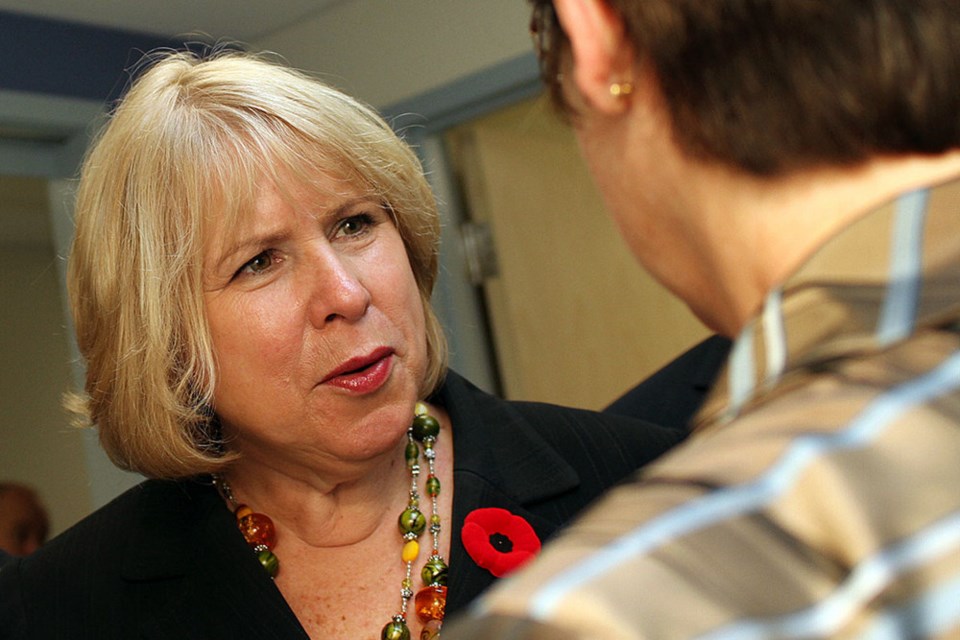Helene Demers has been without a primary health-care giver for half a decade.
Originally from Longlac, but now living in Thunder Bay, Demers wasn’t alone. She’s among an estimated 30,000 to 40,000 orphaned patients in the city, who don’t have a family doctor and have little prospects of finding one anytime soon.
It’s no wonder she was first in line when the Lakehead Nurse Practitioner-Led Clinic began signing up patients.
"It was frustrating because I didn’t have the security of knowing I had ongoing care, somebody who knew my children, my husband. Every time I’d go to a walk-in clinic I’d ask if the doctor was taking new patients, and they weren’t," Demers said.
"I just counted my blessings that we were healthy and it wasn’t really critical for us. But now that I have this, I’m very happy. It’s peace of mind and very comforting to know."
The clinic, located in the former McKellar Hospital, is expected to take on about 3,200 to 4,000 patients when it reaches its capacity, about 10 per cent of the orphaned patient population in Thunder Bay.
Part of a province-wide 25-clinic strategy to ensure all Ontario residents eventually find primary health care in their communities, the local medical community has high hopes for its success.
Lynne Thibeault, president of the LNPLC’s board of directors, said the clinic is a new way of looking at health care, a vision she feels is long past due.
It will make a difference, she added.
"We hope to make an impact on health care by things like reducing the number of unattached patients and the number of trips to the emergency room," Thibeault said.
The Nurse practitioner-led clinic model puts together a health-care team, linking registered nurses and registered practical nurses with family doctors and pharmacists to deliver care once solely given by physicians.
In addition to comprehensive care, they also consider a holistic approach, focus on health promotion, help patients manage chronic diseases and provide illness management and prevention, and offer integrated care within the community.
Minister of Health and Long-Term Care Deb Matthews, said the local clinic, just the third provincially-funded one in Ontario, said the clinics are a sure sign things are getting better and less congested in the health-care field.
Matthews, on hand Tuesday for the grand opening of the Lakehead clinic, said this is one part of the overall solution to providing health care to all Ontarians.
"We’re really at the beginning of understanding what nurse practitioner-led clinics can do. But what this means is we’re going to have 3,200 more people attached to primary health care. That means they’ll have the continuity of care, it means they’ll have the preventative care and it means they won’t have to go to emergency. They’ll get the care when they need it," Matthews said.
It will take time to get everyone under the primary-care umbrella, she admitted.
But it’s something province is working on, Matthews said.
"We’ve changed the financial incentives so doctors are compensated more in the north and we’re increasing the number of doctors. By 2014 we will have doubled the number of doctors graduating. They’ll want to go where they can set up a practice, and I have every confidence in the world that this will be where they want to come," Matthews said.
The province has awarded 14 clinics in total to date, two in Thunder Bay. All 25 are expected to be in operation by the end of 2012.
Sign in or register
- Messages
- Post a Listing
- Your Listings
- Your Profile
- Your Subscriptions
- Your Likes
- Your Business
- Support Local News
- Payment History
Registered Users
Already have an account?
New Users
Create a free account.
